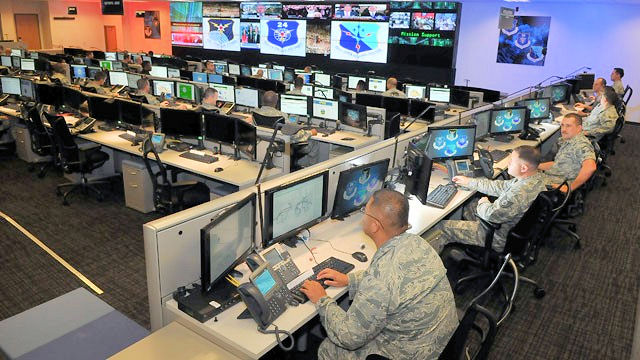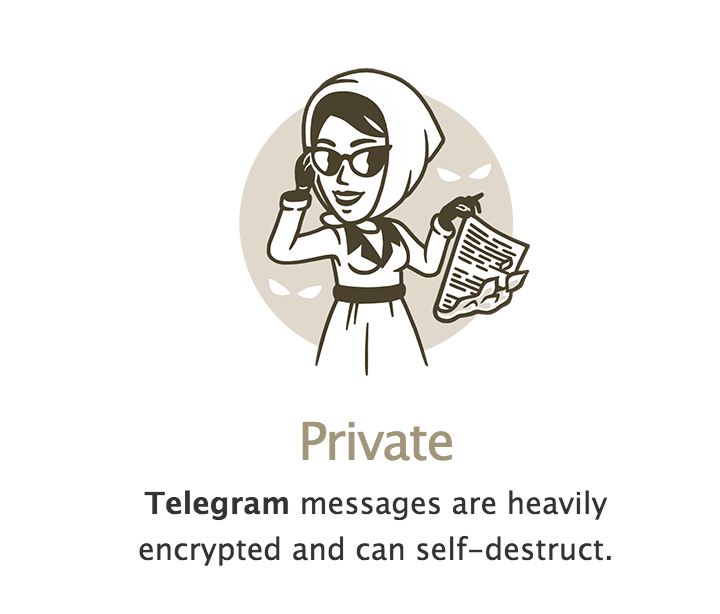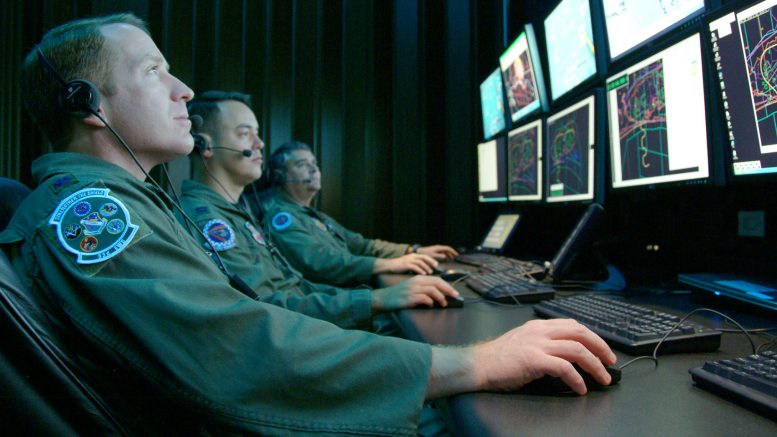Smartphones and laptops are becoming as valuable as AK-47s
Reporter: Joseph Carey | Sub-Editor: Jack Leslie
War always spurs the development of new technologies, from the first use of the tank at the Battle of the Somme to the development of radar and its use in World War Two. But technology has always played a supplementary role to more traditional on foot combat. In recent years, this philosophy has completely changed, making war on the cyber front a completely different entity to anything happening on the ground.
The issue of cyber warfare is a new and interesting one. The Voice of London spoke to Cedric Leighton, a military analyst for CNN, and Anthony Cuthbertson, a technology writer for Newsweek on the tactics of ISIS and how even technologies we use every day, like social media, is playing its part in war.


Cedric Leighton (left) and Anthony Cuthbertson (right)
At the start of the year the US formally acknowledged for the first time they were launching cyber-attacks to combat terrorism, this statement has been followed up by defense secretary Michael Fallon acknowledging that the UK is also launching its own brand of cyber-attacks in order to weaken ISIS further in the battle to take back Mosul.

Day Donaldson – Flickr
Leighton was keen to explain that the US sees the expansion into cyber warfare as a very serious effort to combat terrorism:
“When you look at the way the defense budget for example is structured in the US, the way in which the defense department makes requests for funds and you see the one area that has seen an increase in the budget has been the cyber area…In many cases people are advocating for a fifth military service that would be a cyber force.”
The cyber war is being fought on social media and messaging apps predominantly — the big powers of the world know this and are reacting to it, especially when they are looking to push ISIS back on the ground at the same time:
“The way in which the US is doing it [cyber-attacks] is actually a multifaceted approach, one part is just responding to the social media aspect of it, there are tens of thousands of Twitter accounts that belong to ISIS affiliate people and are active on Twitter, on Facebook and other social media venues…What the US also knows is that ISIS is using different messaging apps to send orders to different elements of the fighting forces that ISIS has.” Explained Leighton.

Wikimedia Commons
Cutherbertson explained that just like the divisions of the military in most countries, ISIS also has its own division of people dedicated to cyber warfare:
“ISIS has the CCA, which is the caliphate cyber army, and they’re carrying out attacks on websites. They’re trying to hack military and government targets. There are also vigilantes who do not seem to have a side, the likes of anonymous that have taken things into their own hands to try and target ISIS through cyber means.”
Although ISIS claims to have high hacking talent, Cuthbertson explained that, so far, the attacks by ISIS on websites have been very low level:
“The targets (by ISIS) are very low level, one was a laminate flooring company in the UK for example, another one was a solar company, a company that sold solar cells. They have had a few gaffs, a few mistakes where they announced they were going to take down Google and the site they actually took down was a Google ad site, a very small company. That is potentially embarrassing for them.”

Pixelkult – Pixabay
Where ISIS is excelling is in their use of messaging apps to communicate and organise attacks. Governments are doing their best to try and gain access to these messages although the encrypted nature of most of these apps makes this difficult according to Leighton:
“If you can’t get into the body of the message [with regard to encrypted messaging services] then what you can do is you can look for message externals. That means for example ‘who is talking to whom’, how they’re connected to other people, and in essence it’s that chaining mechanism that becomes important.”
Cuthbertson has been following ISIS on social media and encrypted messaging systems for months, he has noticed a shift in the tactics of the terrorist organisation:
“They [ISIS] migrated away from Twitter, which they were using before because every account was getting shut down, and now they’ve moved to Telegram.”
Telegram is an app that prides itself on encryption — the marketing for the application advertises the fact the messages you send have the ability to self destruct if it’s believed someone outside of the conversation thread has gained access to the content.

Both Cuthbertson and Leighton acknowledge that the cyber attacks by ISIS so far have been relatively low level, they are currently hacking small websites and performing rush tactics like finding a shared story on Facebook and flooding it with terrorist propaganda. Cyber warfare is still in its infancy, that’s why the world is taking it seriously now and rooting out the problems that exits, however minute. The world is moving to a more digital stance on warfare and it won’t be long before a computer is picked over an AK-47 for getting things done.

